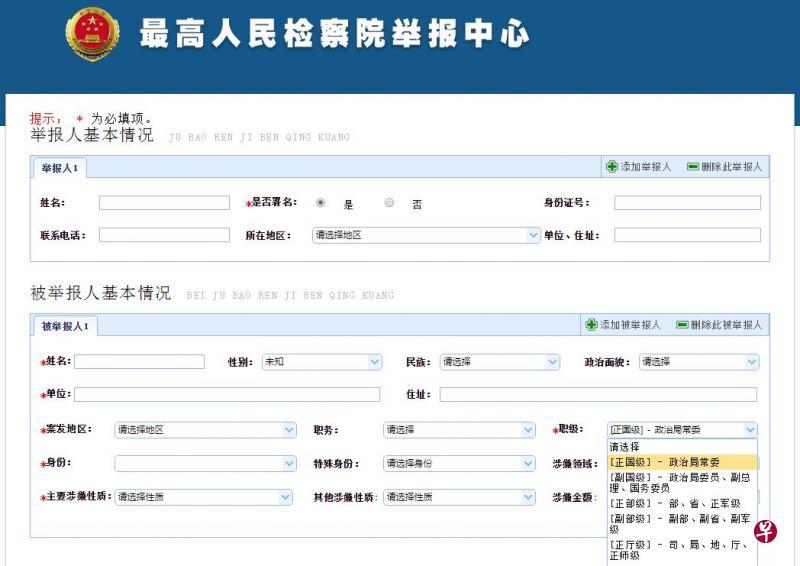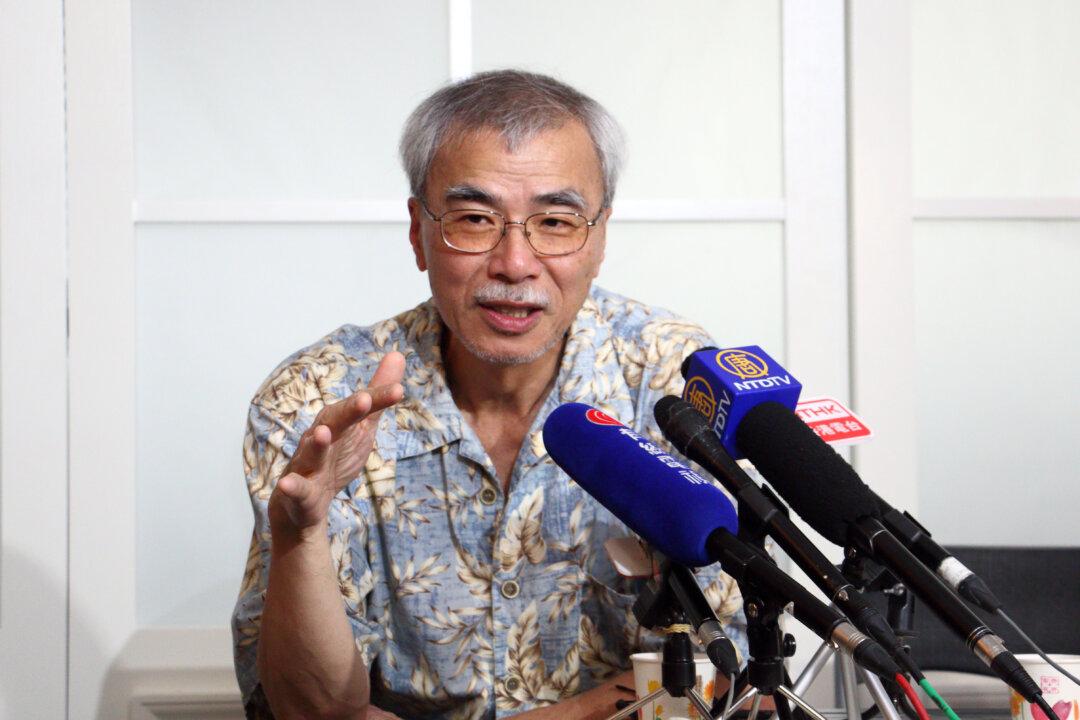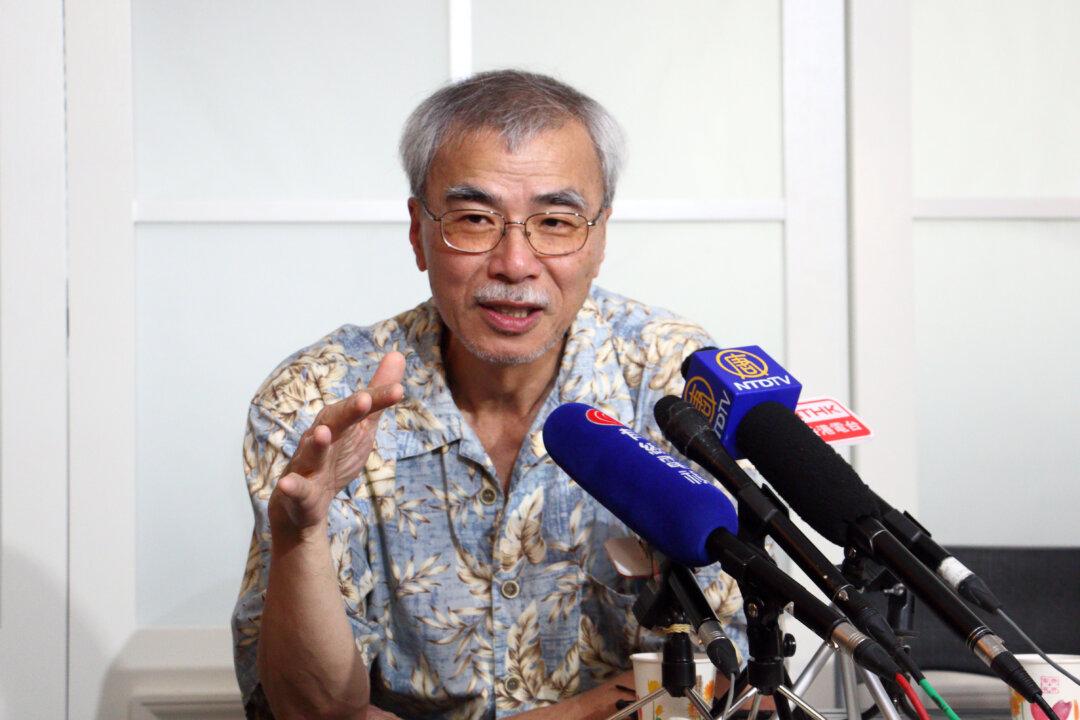One of the world’s largest mobile phone chip makers, U.S.-based Qualcomm Inc., has been issued a fine of 6.088 billion yuan ($973 million) by the Chinese Communist Party (CCP), the highest fine ever issued to a company in China.
The fine also marked the end of the longest investigation, 14 months. The National Development and Reform Commission (NDRC) found that Qualcomm was in violation of anti-monopoly laws.
With its absolute market dominance, Qualcomm was charging high patent licensing fees to the mobile phone companies that used its chips. The NDRC’s punishment also hit Qualcomm’s revenue from China, and the patent licensing fee may drop by 30 percent.
Qualcomm accepted the fine without challenging it. Chinese state-controlled media reported on Feb. 14 that Qualcomm had already paid the fine all at once.
Like many large companies that are currently having trouble in China, Qualcomm has many known connections with former CCP leader Jiang Zemin.
Jiang’s rival, current CCP leader Xi Jinping, has been using his anti-corruption campaign to investigate and purge Jiang’s supporters from the Party. His campaign has extended to the economic area, continuously sacking members of Jiang’s faction.
Risks for Foreign Companies
International media have been focusing on the significant risks for foreign companies operating in China.
According to BBC, the Chinese government’s anti-trust actions have caused foreign companies in China to feel uneasy. BBC quoted Professor Guy S. Liu of Brunel University London, who stated that Qualcomm’s case is a warning.
Liu said that many foreign companies took the opportunity to enter the Chinese market before the introduction of anti-monopoly laws in 2008. With the vagueness of the relations between the Chinese state and the businesses, the market was in a condition of confusion, Liu said.
“The Qualcomm case is to remind these companies, including China’s central companies and other enterprises, that there are new rules now. Everyone needs to follow the new rules of the game,” Liu said.
According to The New York Times, Qualcomm’s experience shows that even establishing an in-depth investment connection with local Chinese enterprises and companies does not guarantee that these foreign companies can avoid the problem of state regulation in China.
Since the 1990s, Qualcomm has made large investments in China and cooperated with China’s telecom equipment manufacturers, developing and researching new intellectual properties in China, the Times stated.
Links to Jiang
Examining Qualcomm’s history reveals that the company has many connections with Jiang. In early 1999, when Jiang was the CCP leader, Qualcomm entered the Chinese market’s mobile chip enterprises.
The company took possession of a dominating position in the telecommunications industry, which has been well-guarded by the CCP. Qualcomm charged a high patent fee and made many deals with senior CCP officials.
The Chinese telecommunications industry has been controlled by Jiang’s family for a long time. Jiang’s son, Jiang Mianheng, has a “telecommunications kingdom” that includes China Netcom, China Unicom, and China Mobile.
Jiang Mianheng used his father’s power to become the highest representative of the CCP’s official businessmen. He meticulously built his telecommunications monopoly with Qualcomm as one of its foreign business partners.
Recently, however, his telecommunications kingdom has been attacked continuously by the media, revealing many pieces of inside news to the public. On Jan. 6, Jiang Mianheng stepped down from his position as President of the Chinese Academy of Science’s Shanghai branch.
China Unicom has also become an object of the anti-corruption campaign. On Feb. 5, the CCP’s inspection teams announced the results of inspecting China Unicom, stating that the company’s problems with “monetary transactions by authorities” cannot be neglected.
Before that, seven of China Unicom’s senior executives were fired within one month, and a major security flaw was revealed.
According to current affairs commentator Linda Fang, the senior executives’ dismissal shows that the investigation of the Jiang family is approaching Jiang Mianheng. Fang said the dismissal of Jiang Mianheng is a reprisal for Jiang Zemin’s attempts to challenge Xi, and Xi’s authorities have already begun to take action against Jiang Mianheng and Shanghai.
The Central Commission for Discipline Inspection (CCDI) has started to make visits to Shanghai as well as inspecting China Telecom and China Unicom, Fang said.
Qualcomm received entry approval from Jiang Zemin. The large fine given to Qualcomm is suspected to be related to the company’s business partner Jiang Mianheng’s authority being cut down.
Major Changes
International companies that were once treated as VIPs by the CCP are now being treated as scapegoats. Faced with hostility from the CCP, most senior executives of major companies are doing private consultations, hoping to understand the true intentions of Beijing’s “anti-monopoly” laws.
Xi has arrested many of Jiang’s supporters. If Xi takes full control, it is suspected that the contracts signed by Jiang with many major companies will be rejected, everything will have to be re-discussed, and the situation will change a lot.
Patent lawyers have said that with Qualcomm agreeing to lower the patent licensing fee, the relationship with many mobile phone manufacturers will need to change as well. The lawyers believe that even large global manufacturers such as Apple and Samsung will be affected.
Translated by Veronica Wong. Written in English by Sally Appert.




